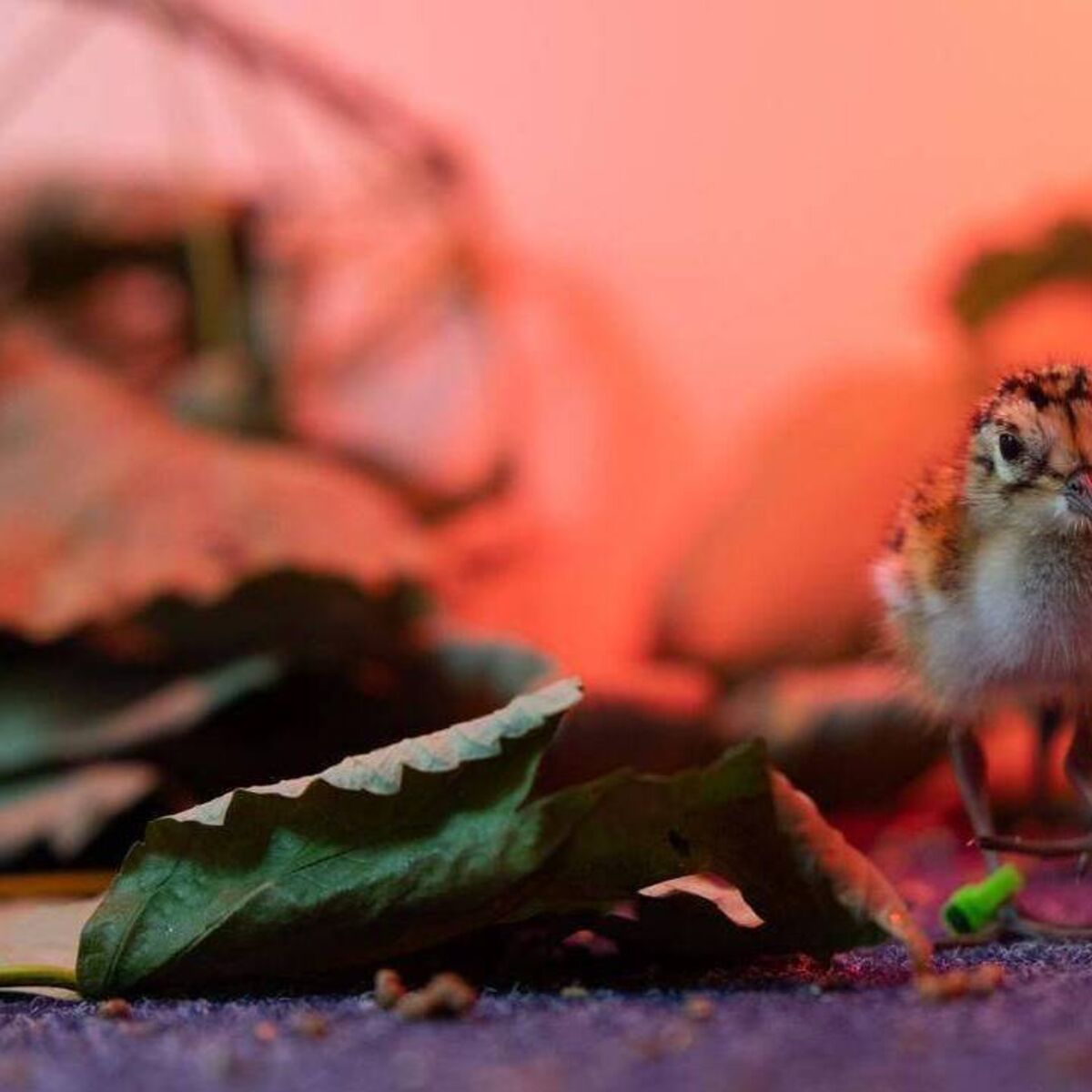Fota Wildlife Park is to lead an initiative to protect dunlin birds, as their numbers have seen a significant decline.
As part of the pilot project, three clutches of dunlin eggs were collected from nesting sites, two from LIFE on Machair sites and one from a Breeding Waders EIP site and transported to Fota Wildlife Park.
The park’s expert animal care team are incubating and rearing the hatchlings in custom-built, bio-secure facilities.
One clutch has already been successfully ringed and is due to be released soon.
Dunlin are a red-listed Irish breeding species that favour breeding on machair — upland and offshore islands along Ireland’s west and northern coasts.
Numbers in Ireland have declined by over 90% in recent decades, with fewer than 30 Irish breeding pairs remaining nationally. Habitat degradation and increased predation are the primary drivers of this decline.
The headstarting pilot at Fota Wildlife Park forms one element of a wider programme strategy that also includes habitat restoration and public awareness in collaboration with landowners and other partners under the Breeding Waders EIP and the LIFE on Machair projects. Headstarting is a conservation technique involving the rescue of at-risk eggs from wild nests for incubation and rearing in a controlled environment.
Once the chicks reach 12 to 15 days old, they are moved to specially-designed outdoor release areas, where they remain until ready for return to the wild — which significantly improves chick survival rates, helping overcome key threats such as predation and habitat loss.
The park’s animal care manager, Declan O’Donovan, said:
“Fota Wildlife Park, a conservation charity, continues to play a vital role in conserving many of Ireland’s native species through its headstarting initiatives.
“This pilot project for the dunlin underscores Fota Wildlife Park’s commitment to biodiversity conservation and to restore Ireland’s most threatened breeding wader species. This initiative is part of a broader conservation strategy that includes habitat restoration, predation risk management, community engagement, and education.”
